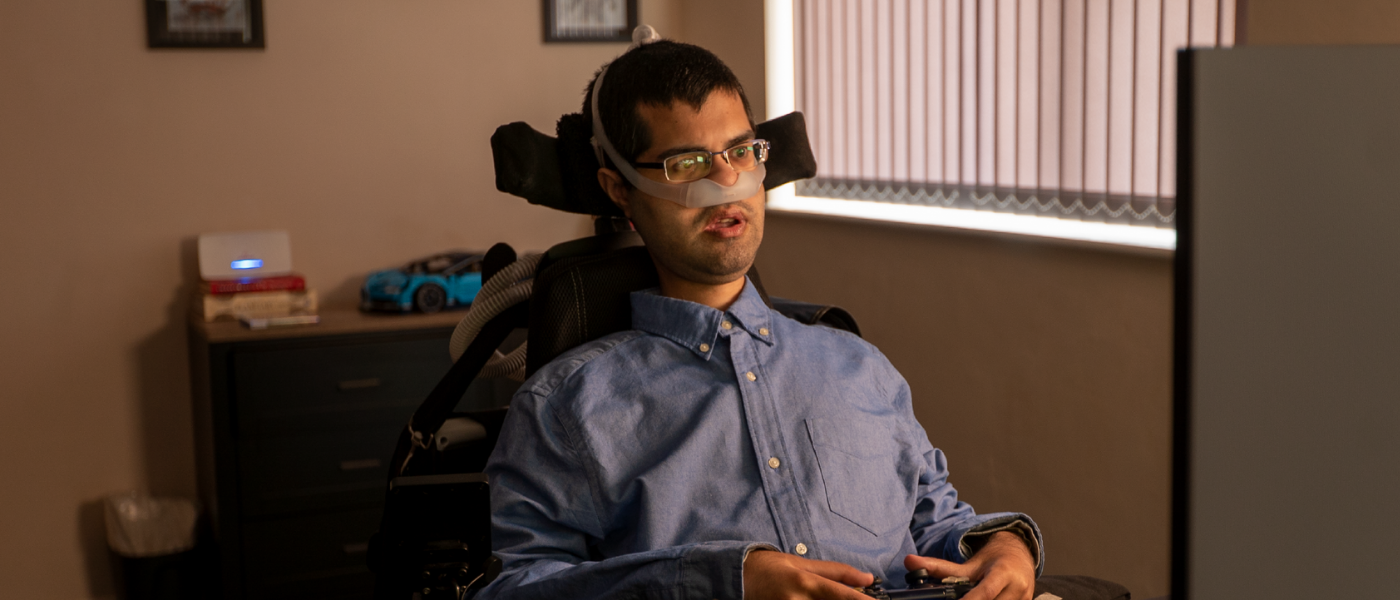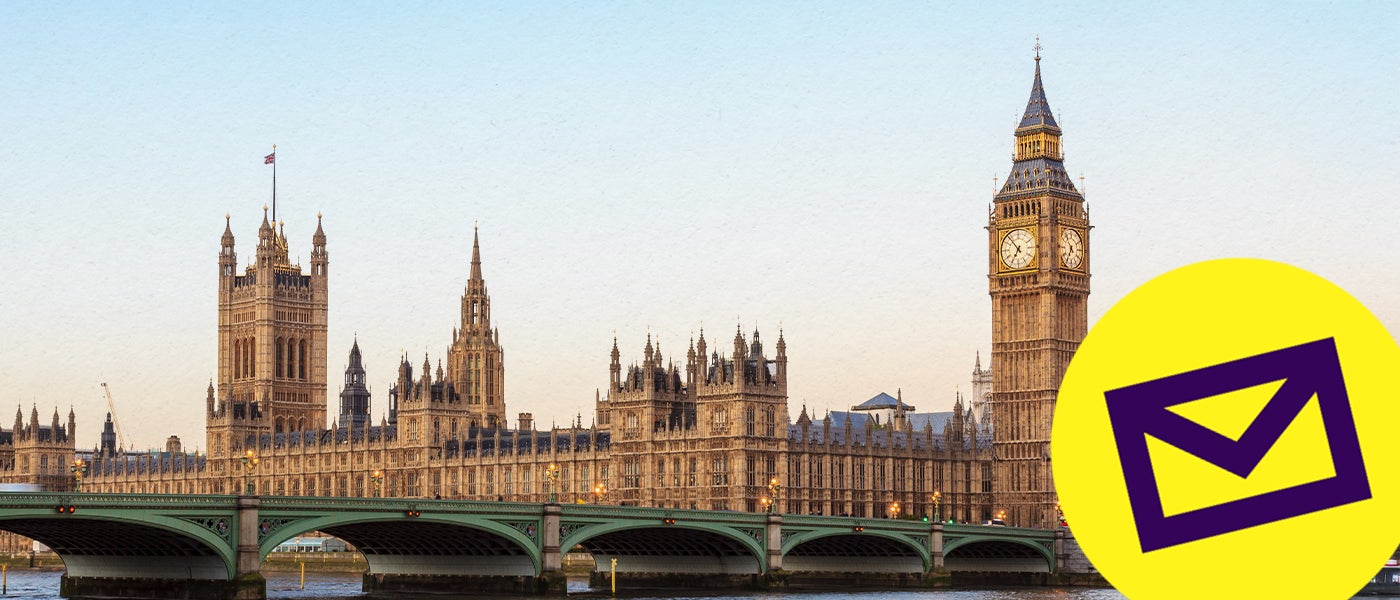- Home
- News and stories
- Accessibility in gaming: Vivek's story
Accessibility in gaming: Vivek's story
 24 October 2021
24 October 2021
Vivek, a member of our Power Up and Play co-production group, shares his thoughts on accessibility in gaming.
From a very young age I’ve always enjoyed gaming, but my relationship with it has evolved over the years.
Today I game for pleasure as well as for my mental health. During my teenage years, between 13 to 16, I was stuck in bed because of my condition and not having the right kind of wheelchair. I was completely isolated, so I started gaming as something to fill my time.
If I hadn’t had the medium of gaming, I wouldn’t have been doing anything meaningful in my room – it was a lifeline. Immersing myself into an exciting game world, meeting a wide variety of characters, experiencing freedom and making friendship with game characters helped me through my emotional struggles.
I wouldn’t have had a life if it wasn’t for gaming, and I think it has also shaped me as a person by helping me understand my feelings. The characters I played with have different narratives which taught me about life and people. I always try to connect with gaming emotionally. Those years spent playing as a teenager in my room made me into who I am today.
When I am using my accessibility setup to game I forget about my disability. It’s almost like an out-of-body experience as I watch myself gaming without immersion-breaking barriers.
Barriers to gaming
I’ve always experienced barriers with gaming but I used to manage to game without requiring assistance. As I got weaker, holding a controller became increasingly difficult. I reached a stage where I decided that the only choice for me was to completely stop gaming.
When I made the decision to completely stop gaming, I felt for the first time in my adult life that Duchenne had finally beaten me. That it started to rob me of my hobbies and enjoyment. I'm definitely not the type of person to get frustrated, angry, pessimistic, or depressed. However, I became those emotions and just gave up.
My Mum noticed my personality was very depressed and reminded her of my younger days when I found it hard to cope with my condition. It was only after feeling depressed that I realised the emotional importance of gaming. It was a crucial lifeline so I had to find a solution to preserve my mental health. I started chaneling my depression in a positive way, I had to beat this challenge, my condition would not beat me.
Through this depressing period, I realised the positive impact gaming had in my life and thankfully discovered accessibility.
The importance of accessibility
Since discovering accessibility, my ambition is to spread awareness of gamers with severe motor disabilities, what options they need and how to continue gaming when they struggle. I want gamers to know that they are not alone. I use my voice to speak at gaming conferences like the GA Conference, write articles for Eurogamer, and consult with game developers to make games inclusive.
Scope’s Power Up and Play event is to celebrate accessible gaming. I really want it to get people excited to fundraise, and most of all have a great time.
Recently the industry has done a lot for deaf and blind gamers. I would like to see more work done on mobility issues. It’s great that things have changed so much though – if we had been speaking about gaming accessibility 3 years ago then there would have been very little to say, but things have changed in the last few years.
The big game companies are all aware of accessibility and it’s almost like they are now in competition to make the most accessible software – which is great.
I have always wanted to fundraise but not in the traditional sense of taking part in marathons and sports, so I have always wished gaming would be an option as a viable fundraising method. When I heard about Power Up and Play it was perfect. It made me feel part of a charity and that I could use my passion to do something positive.
 24 October 2021
24 October 2021







